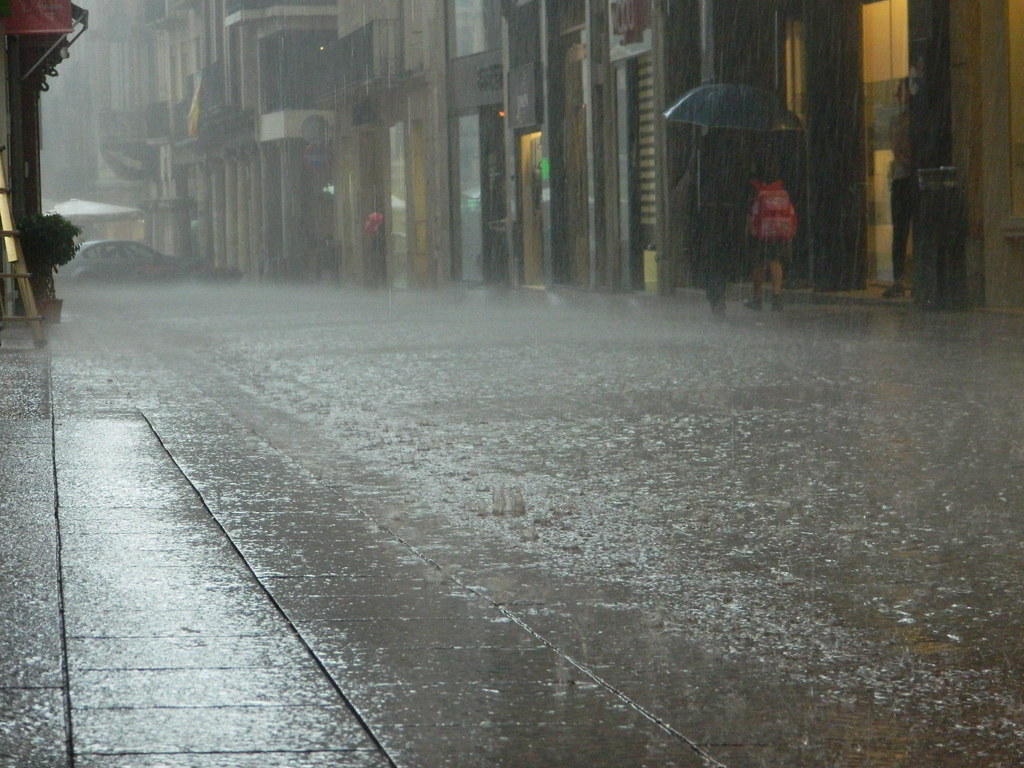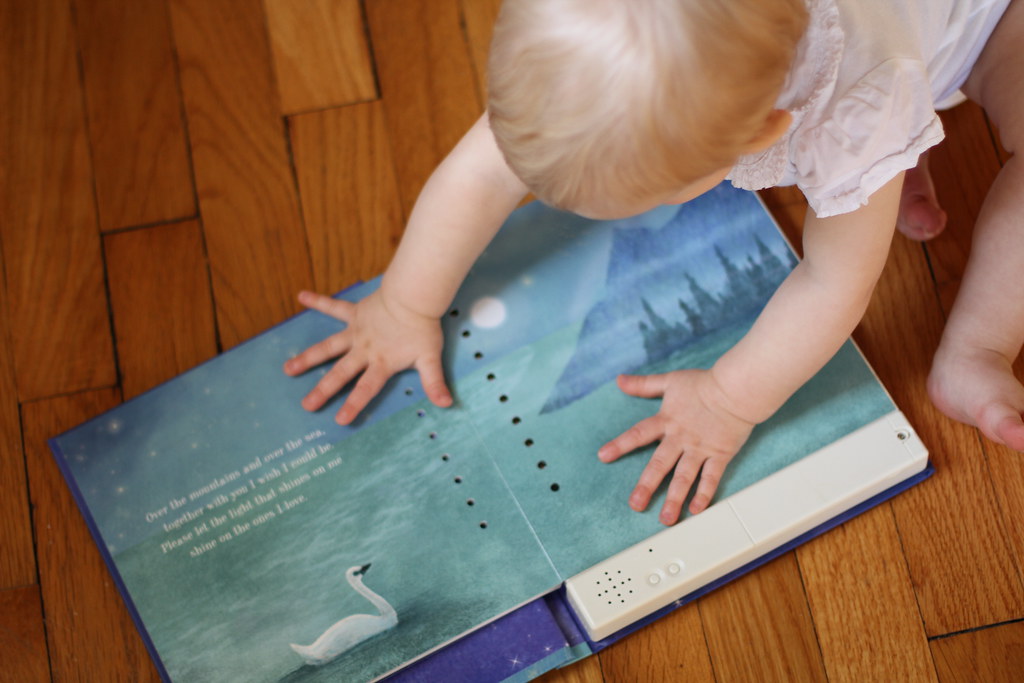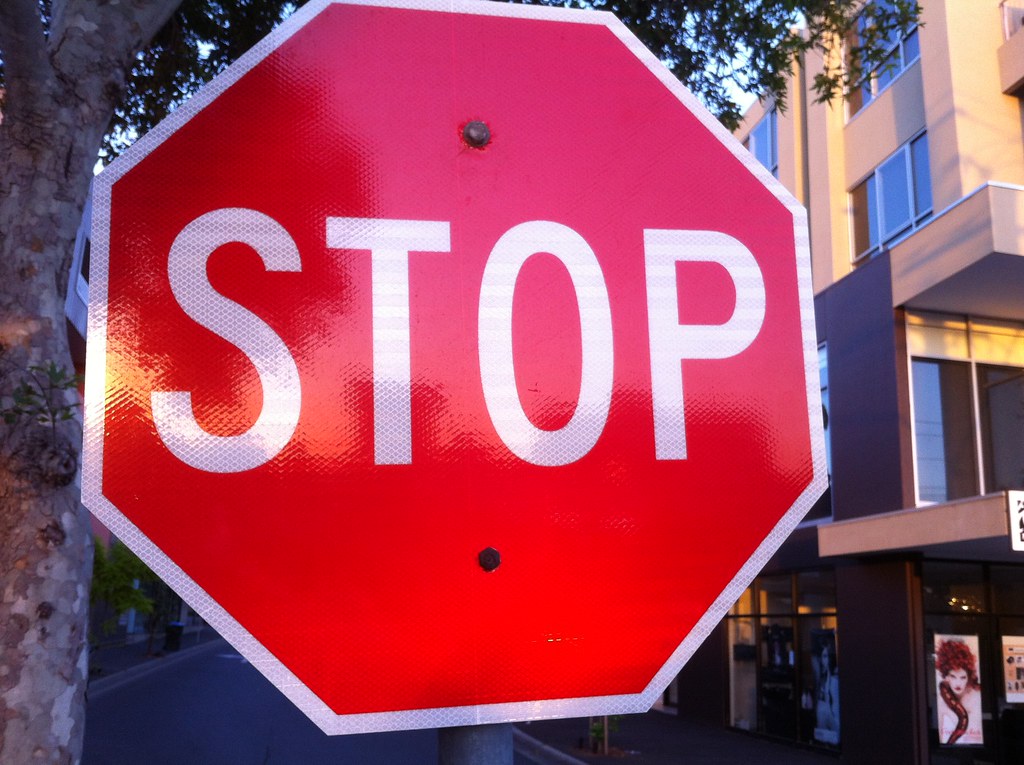Today is May 5, 2017 and exactly six years ago
tomorrow I posted my very first blog post on Writability. I'm so endlessly grateful for the reach this blog has built, and it's all thanks to your wonderful support over the years. So whether this is your first post here on Writability or 1,140th (I know, right?), my thanks goes out to you!
Every year I like to do a giveaway to thank you guys for your wonderful support, and this year is no different! This time around I've got
eighteen critiques and
nine books up for grabs, so whether you're a writer or reader (or both!) there's lots to win.
The way this is year's giveaway will work: critiques will each go to one different person (so that's fifteen winners!) and the books will go to eight winners (one winner will win two related books), so there will be
twenty-seven winners total! Some book giveaways are US only, some are international, but it's all in the same rafflecopter—you'll just need to specify whether you live in the US or internationally when you enter. All of the critique giveaways are international.
Here are the incredibly generous authors and editors who donated prizes:
Laura Heffernan—Synopsis Critique (up to 1,000 words)
Laura Heffernan is living proof that watching too much TV can pay off. When not watching total strangers get married, drag racing queens, or cooking competitions, Laura enjoys travel, baking, board games, helping with writing contests, and seeking new experiences. She lives in the Northeast with her amazing husband and two furry little beasts.
Briana Morgan—2 Query Critiques
Briana Morgan is a YA and NA writer, editor, and blogger who loves dark, suspenseful reads, angst-ridden relationships, and complicated characters. Her interest in Jay Gatsby scares her friends and family. You can find her in way too many places online, eating too much popcorn, reading in the corner, or crying about long-dead literary heroes.
Gill Hoffs—Query Critique + Follow-up e-mail + Synopsis critique, if wanted
Gill Hoffs lives in the northwest of England with Coraline Cat and not enough chocolate. She is best known for her nonfiction books on weird Victorian shipwrecks (
The Sinking of RMS Tayleur: The Lost Story of the 'Victorian Titanic',
The Lost Story of the William & Mary: The Cowardice of Captain Stinson - both published by Pen & Sword) and related appearance on BBC's
Coast. Her short fiction and nonfiction is widely available online and in print, including
Wild: A Collection (Pure Slush), and her as yet unpublished novels have been longlisted for the Virginia Prize and Mslexia Novel Competition.
Jackie Yeager—First Chapter Critique
Jackie Yeager is the debut author of THE CRIMSON FIVE: SPIN THE GOLDEN LIGHT BULB which will be released on January 2, 2018 by Amberjack Publishing. The middle grade story follows the tale of five eleven year-olds on a competitive adventure almost too good to be true. She lives in Rochester, New York with her husband and two teenagers.
Akemi Dawn Bowman—Query + First Chapter Critique
Akemi Dawn Bowman is the author of Starfish. She is also a Ravenclaw and Star Wars enthusiast, who served in the US Navy for five years and has a BA in social sciences from UNLV. Originally from Las Vegas, she currently lives in England with her husband, two children, and their Pekingese mix.
www.akemidawnbowman.com Twitter: @akemidawn
Amelinda Berube—Query + First Chapter Critique
Amelinda Bérubé is the author of UNDER THE ICY LAKE, a YA ghost story coming from Sourcebooks Fire in 2018. She's spent the last ten years as a writer and editor with the Canadian public service, prior to which her career path meandered through academics, carpentry, and administrivia. Amelinda is a passionate fan of YA, SFF, and all things spooky and looks forward to participating in PitchWars 2017 as a mentor!
K Callard—Query + First Chapter Critique
K. Callard is the author of
Fun with Frosting: A Beginner's Guide to Decorating Creative, Fondant-Free Cakes (Skyhorse, 2016). When she's not baking, she writes YA and MG, takes care of her kids, and geeks out (mostly over Harry Potter, all things Whedon, and adorable monsters). She is represented by Brianne Johnson of Writer's House.
Hayley Chewins—Query + First Chapter Critique
Hayley Chewins writes books about magical girls with secrets. Her debut, THE TURNAWAY GIRLS, is forthcoming from Candlewick and Walker Books in 2018. She has an MA in Writing for Young People from Bath Spa University and she’s represented by Patricia Nelson at Marsal Lyon Literary Agency.
Erica Cameron—Query + First Chapter + 1-4 Page Summary Critique
Erica Cameron is the author of books for young adults including the Assassins duology, the Ryogan Chronicles, and The Dream War Saga. She also co-authored the Laguna Tides novels with Lani Woodland. An advocate for asexuality and emotional abuse awareness, Erica also works with teens at a residential rehabilitation facility in her hometown of Fort Lauderdale.
Veronica Bartles—Query + First Chapter Critique OR $75 towards her Graphic Design Services
Author of TWELVE STEPS (YA), and THE PRINCESS AND THE FROGS (PB), has spent most of her life wondering “What If?” She believes there are many sides to every story, and she’s determined to discover every single one of them. Veronica believes every princess deserves a frog, because princes aren’t pets. And she’s an incurable optimist who loves gray, drizzly days because that’s when rainbows come out to play.
Megan Manzano—First Six Chapters Critique
Megan Manzano is currently working on her first YA book and generally likes writing science fiction, fantasy, and the occasional contemporary piece. She doubles as an editor, both in the publishing and freelance world. You can follow her on twitter, @megan_manzano, where she discusses writing/editing tips, feely stuff about her characters and the characters of others, and reviews books.
Nicole Tone—First 50 Pages Critique
Nicole Tone is the Publishing Director at REUTS Publications, a freelance editor, and a writer of upmarket fiction, book reviews, and personal essays. You can find her on twitter at
@nicoleatone or blogging about books and the editing process at
http://www.nicoleatone.com.
Chelsea M. Cameron—First 50 Pages Critique
Chelsea M. Cameron is an international bestselling romance author from Maine. Her hobbies include pestering her cat for snuggles, tweeting, eating red velvet cake, drinking too much tea, and reading.
Gabrielle Prendergast—Query Critique + ARC of Zero Repeat Forever (US/CAN only)
Gabrielle Prendergast is the author of the award-winning and multi-nominated young adult novels in verse, Audacious and Capricious. Her next novel, Zero Repeat Forever comes out August 29, 2017 from Simon & Schuster. She lives in Canada with her family. Find her on Twitter at @GabrielleSaraP or her website
www.gabrielleprendergast.com.
Kristi Wientgne—First 3 Chapter Critique + ARC of Karma Khullar's Mustache (International)
Kristi Wientge is originally from Ohio where she grew up writing stories about animals and, her favorite, a jet-setting mouse. After studying to become a teacher for children with special needs, she spent several years exploring the world from China to England, teaching her students everything from English to how to flip their eyelids inside out. She’s spent twelve years raising her family in her husband’s home country of Singapore. Karma Khullar’s Mustache is her debut novel.
Ava Jae—Query + First 30 Pages Critique + Signed HC of Beyond the Red (US only)
Ava Jae is a Latinx tomboy who writes YA speculative fiction featuring marginalized characters grappling with identity. Ava lives with a chronic illness, is a recent University of Michigan grad and runs a popular writing blog and YouTube channel, where they share writing tips and bookish ramblings with writers and readers. Ava is the author of the
Beyond the Red trilogy (Skyhorse), and their next novel,
Into the Black, will be released Fall 2017.
Katherine Locke—Query + First 30 Pages Critique + Pre-order of The Girl With the Red Balloon (Amazon or B&N) + Signed Bookplate (US only)
Katherine Locke writes historical fiction with a heaping of fantasy. When not tending to the many needs of their feline overlords, they're tweeting, reading, or dreaming up the next story. Their YA debut,
The Girl with the Red Balloon, releases on September 1, 2017. They're most often found on Instagram and Twitter as @bibliogato, or at
www.KatherineLockeBooks.com.
KB Wagers—Signed copies of Behind the Throne & After the Crown (International)
K.B. Wagers lives and runs in the shadow of Pikes Peak. She loves flipping tires and lifting heavy things. She's especially proud of her second-degree black belt in Shaolin Kung Fu and her three Tough Mudder completions. When not writing she can be found wrangling cats with her husband, or trying to keep up with her teenage son.
Brooks Benjamin—Signed HC copy of My Seventh-Grade Life in Tights (International)
Brooks lives in Tennessee with his awesome wife and their wonderfully spoiled dog. When he's not writing, he's teaching reading to fifth graders and sampling as much pizza from as many different places as he can.
Rena Olsen—Signed copy of The Girl Before (US Only)
Rena Olsen is a writer, therapist, teacher, sometimes singer, and eternal optimist. By day she tries to save the world as a school therapist, and at night she creates new worlds in her writing. Her debut novel,
The Girl Before, is now available from Putnam! Find her at
renaolsen.com.
Destiny Soria—Signed HC copy of Iron Cast (US Only)
Destiny Soria is the author of
Iron Cast (Abrams/Amulet), a YA historical fantasy about magic, mobsters, and two inseparable best friends in Prohibition-era Boston. She lives in Birmingham, AL, where she spends her time trying to come up with bios that make her sound kind of cool. She has yet to succeed.
So many critiques and books! This time around there will be two rafflecopters—one for the critiques, and one for the books. You are free to enter both, or either one—whatever you prefer. The giveaway will run
until Friday, May 19th at 11:59 PM EST. Good luck!










































